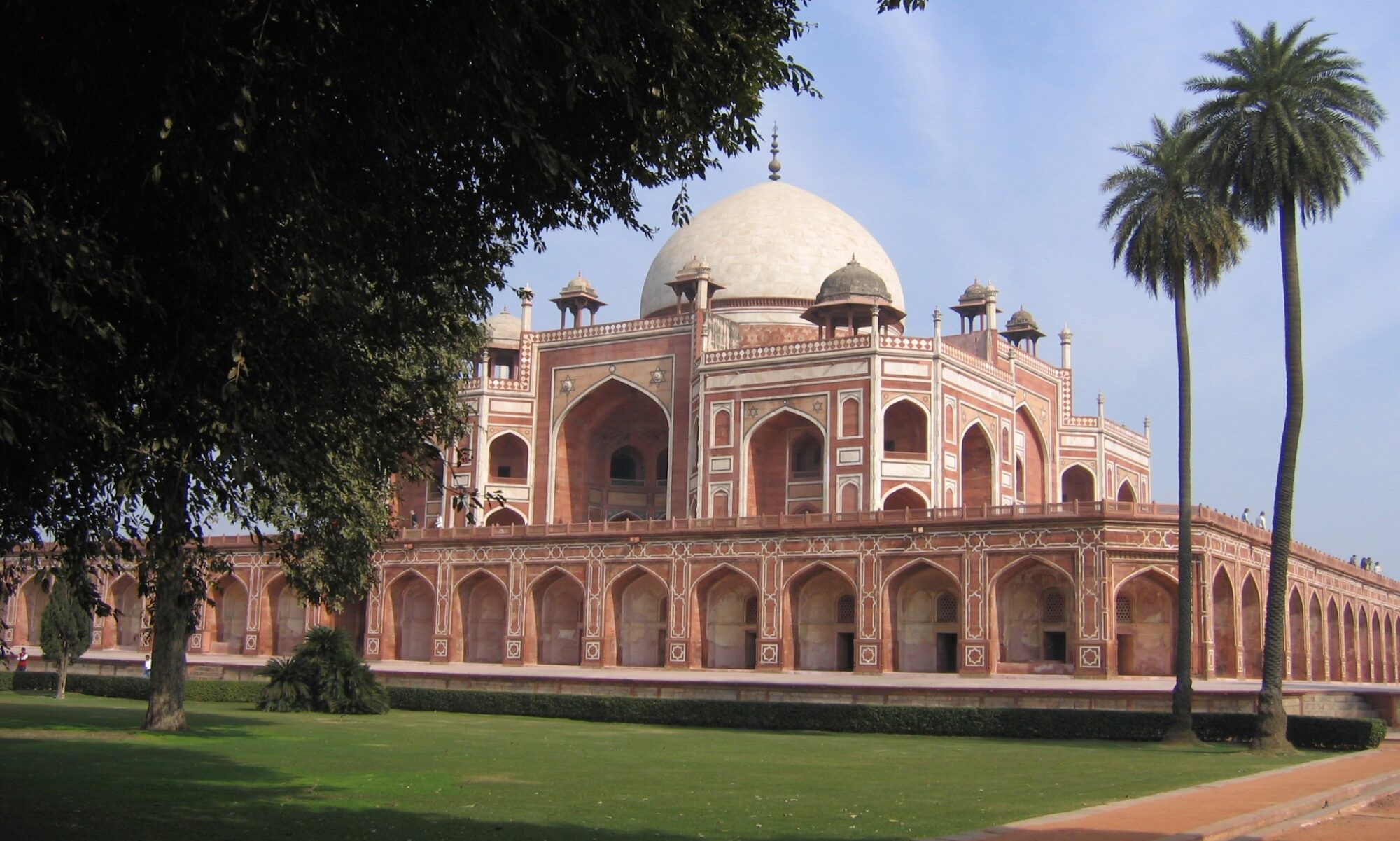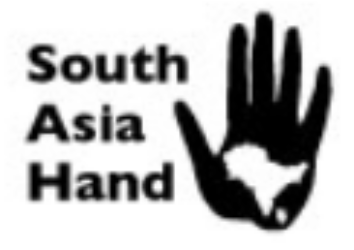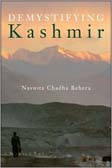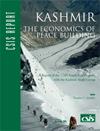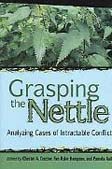An op-ed by Howard B. Schaffer and Teresita C. Schaffer on the necessity of the United States to get involved in Kashmir, in light of Kashmiris’ protests against the Indian government.
The United States has not paid much attention to Kashmir for the past few years, confident that an active India-Pakistan peace process would prevent any crises on that front. It no longer enjoys that luxury. If the current unrest leads to another India-Pakistan confrontation, the whole area from Afghanistan through India will be affected, with critical U.S. interests in play.
Originally published by the Washington Times on September 3, 2008.
